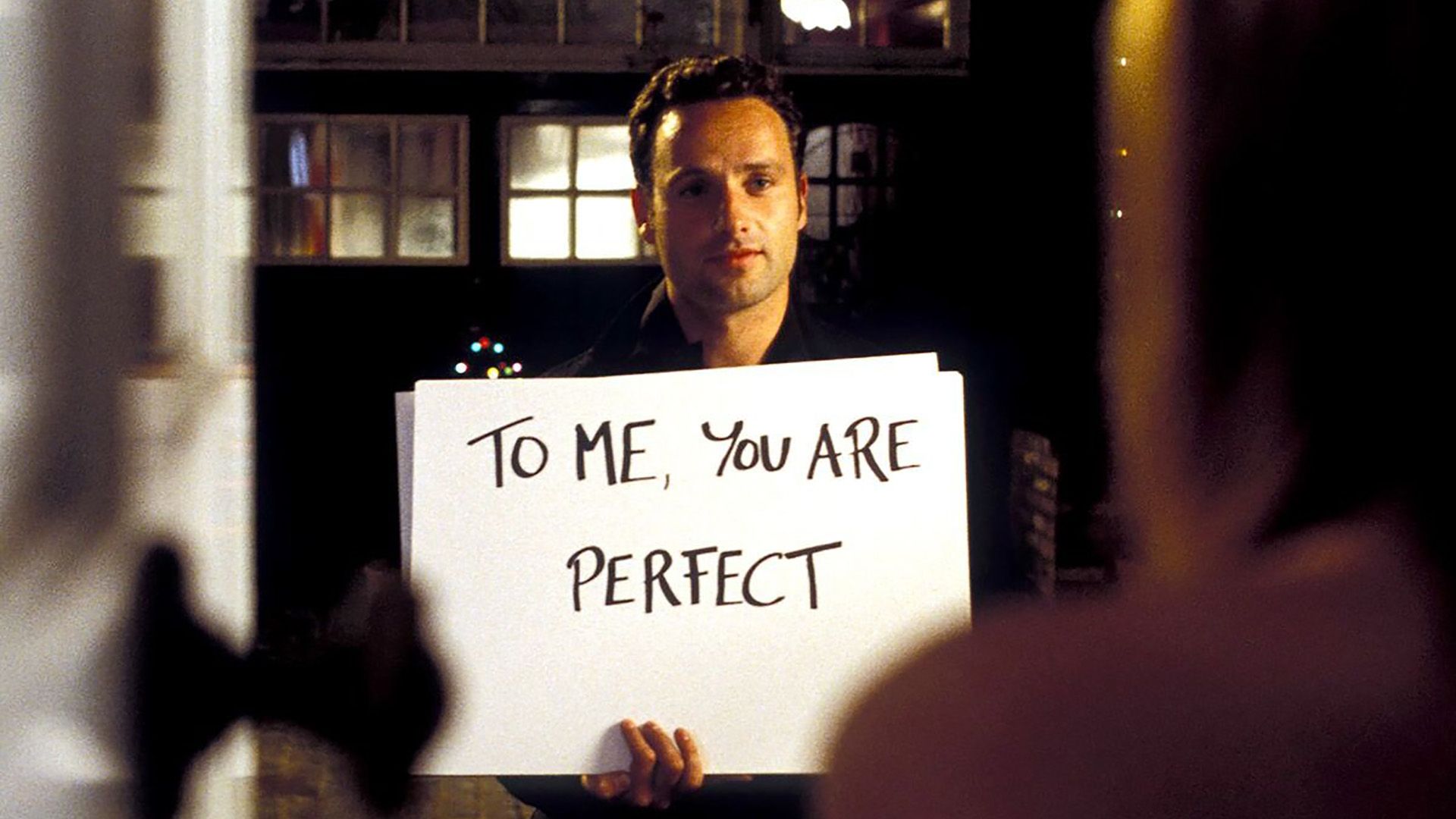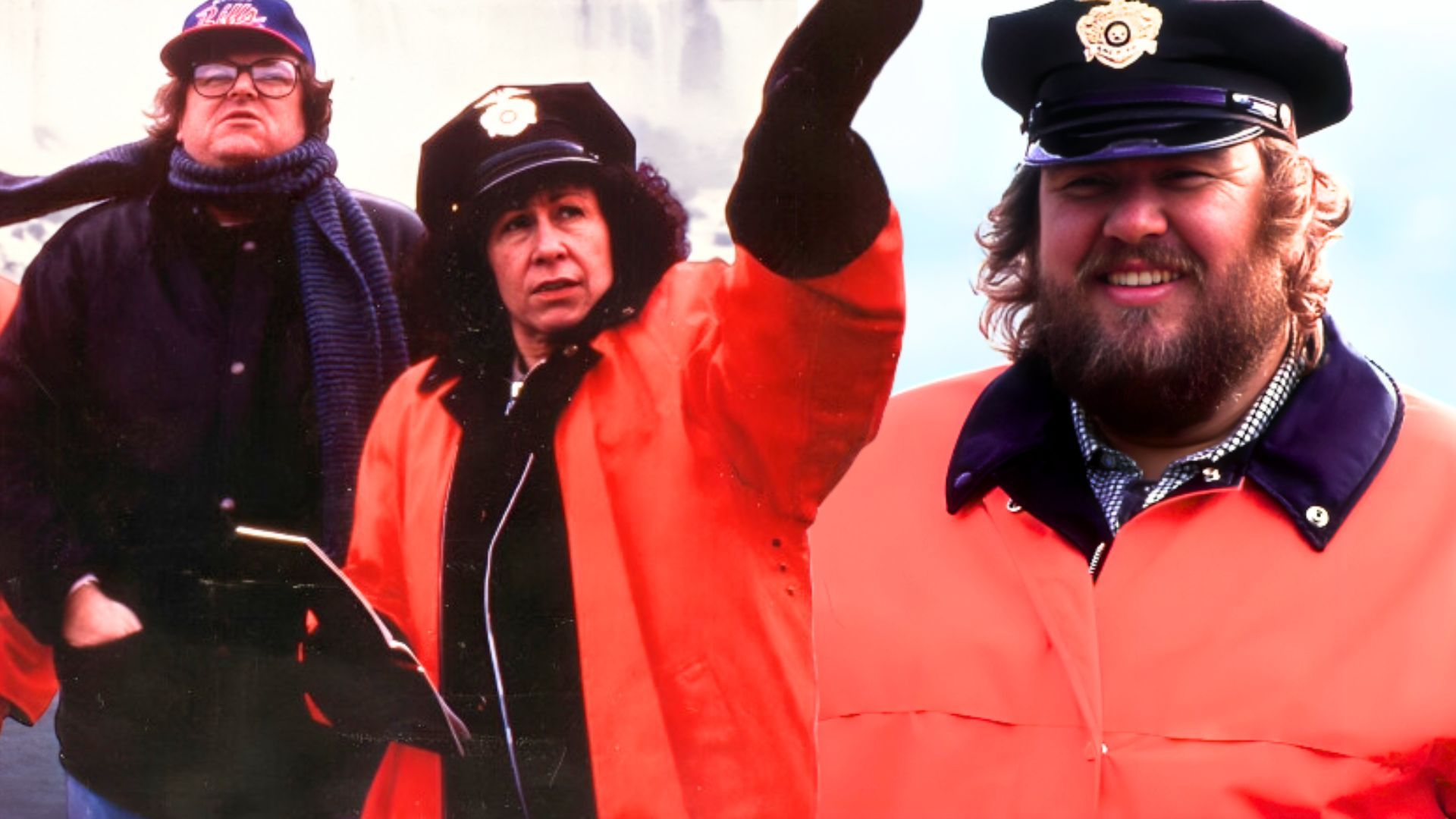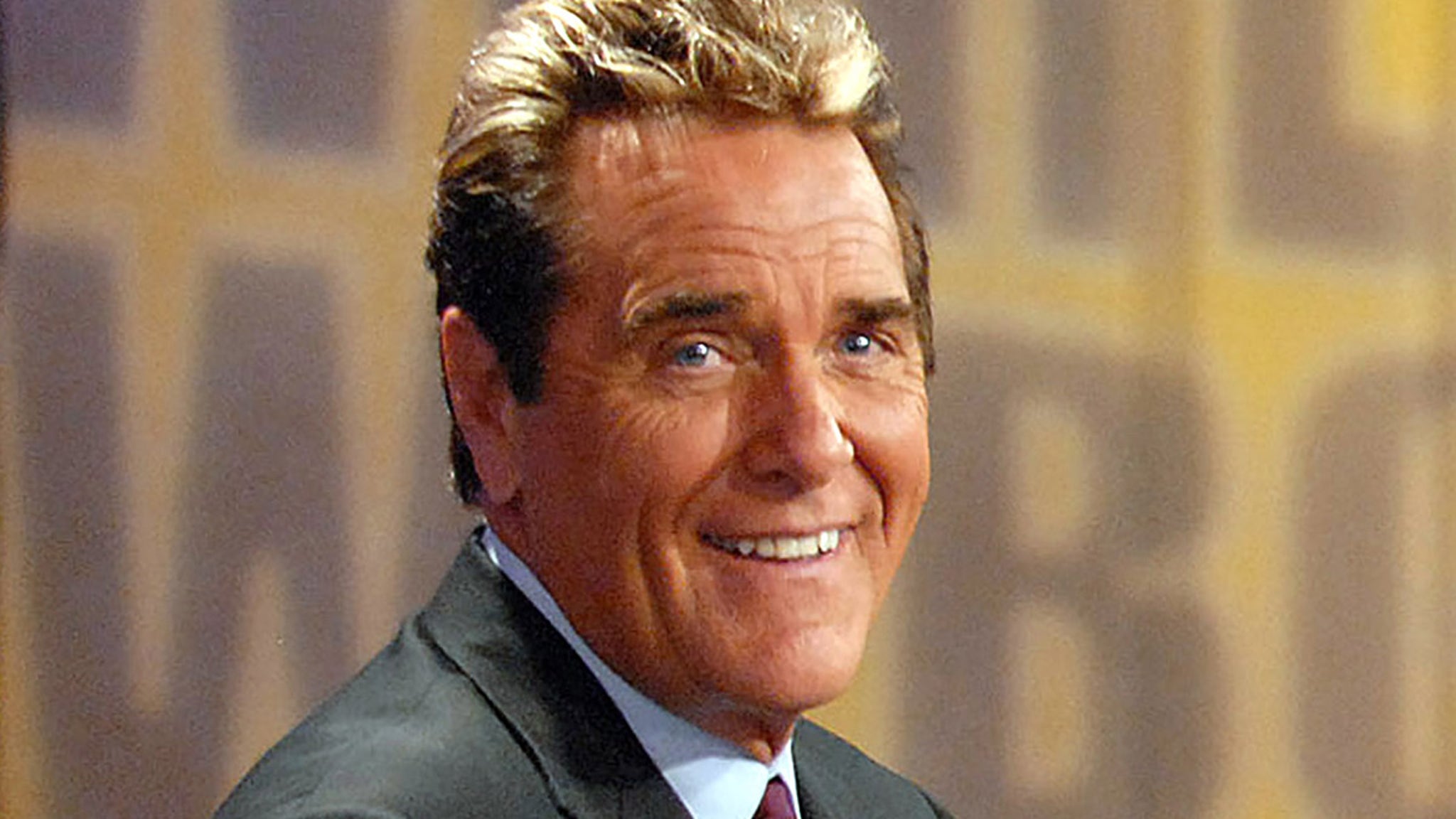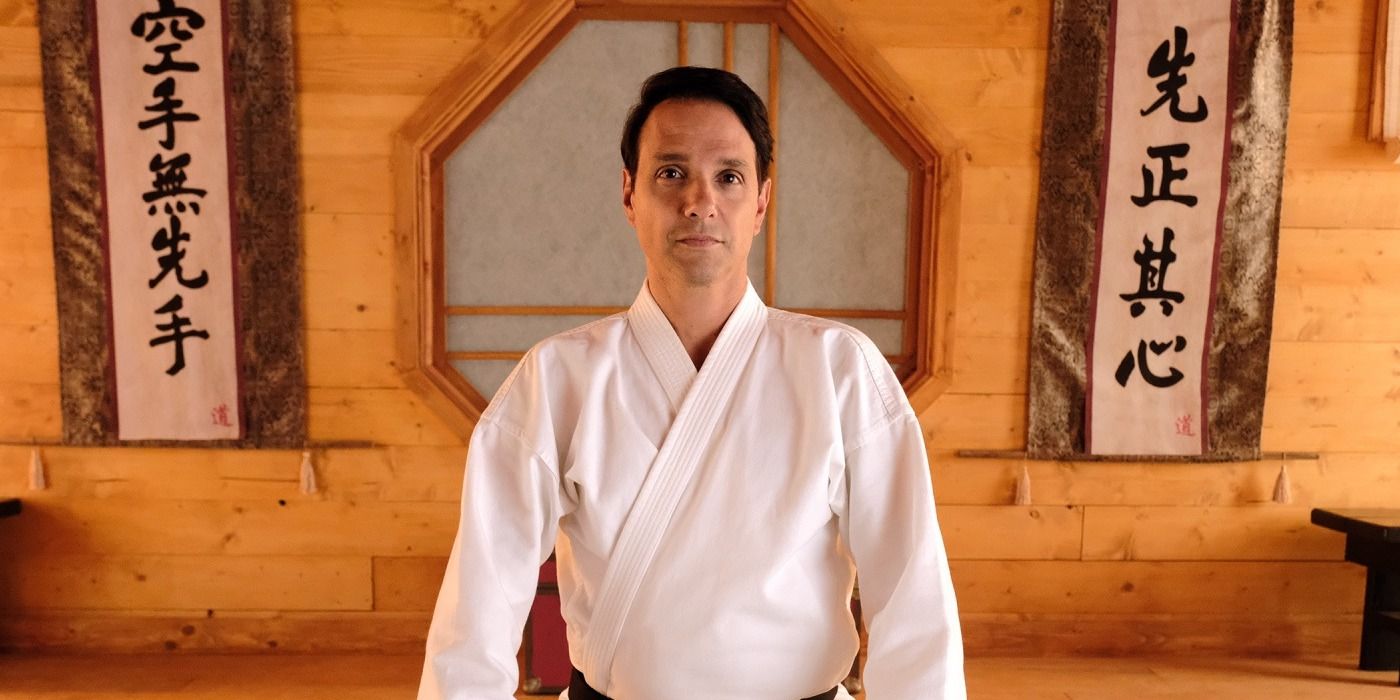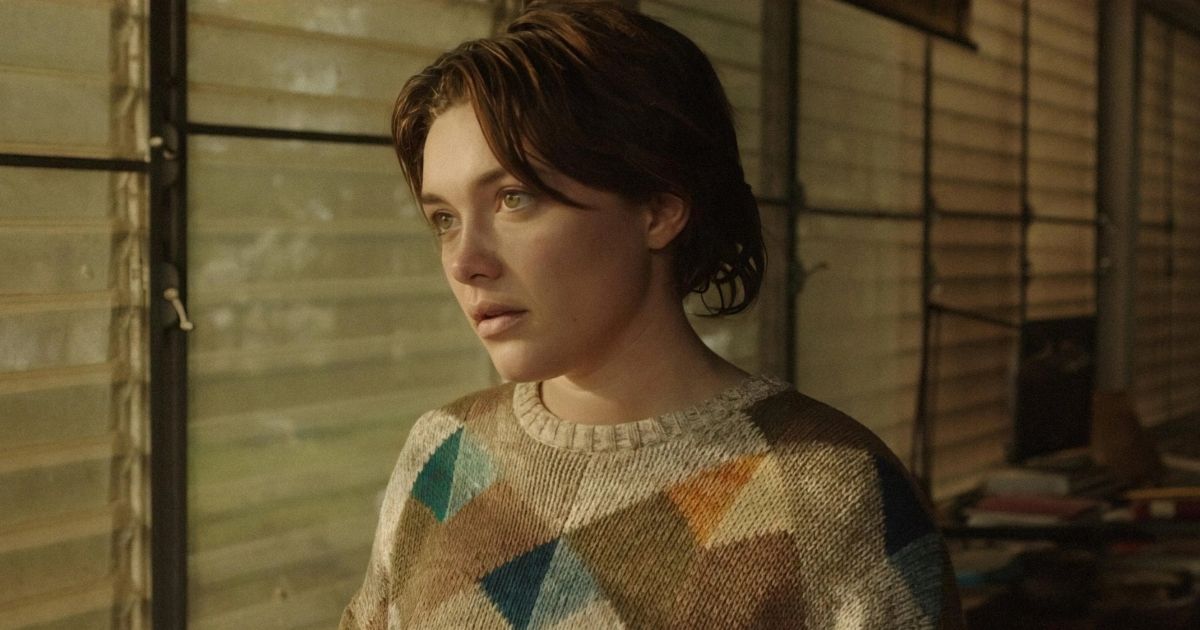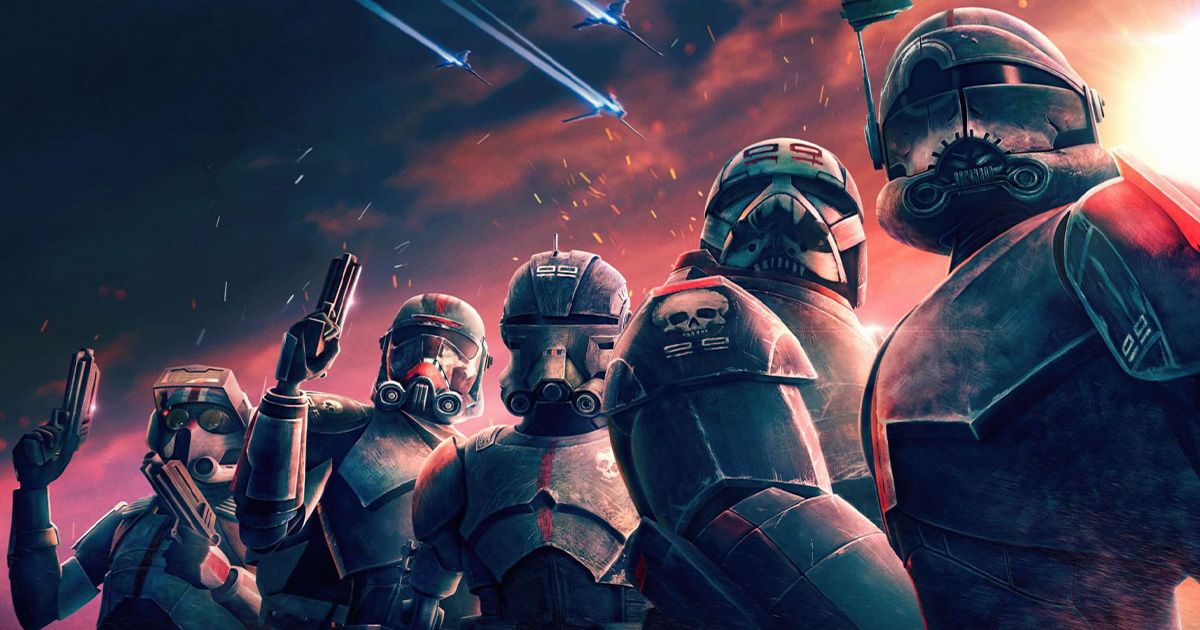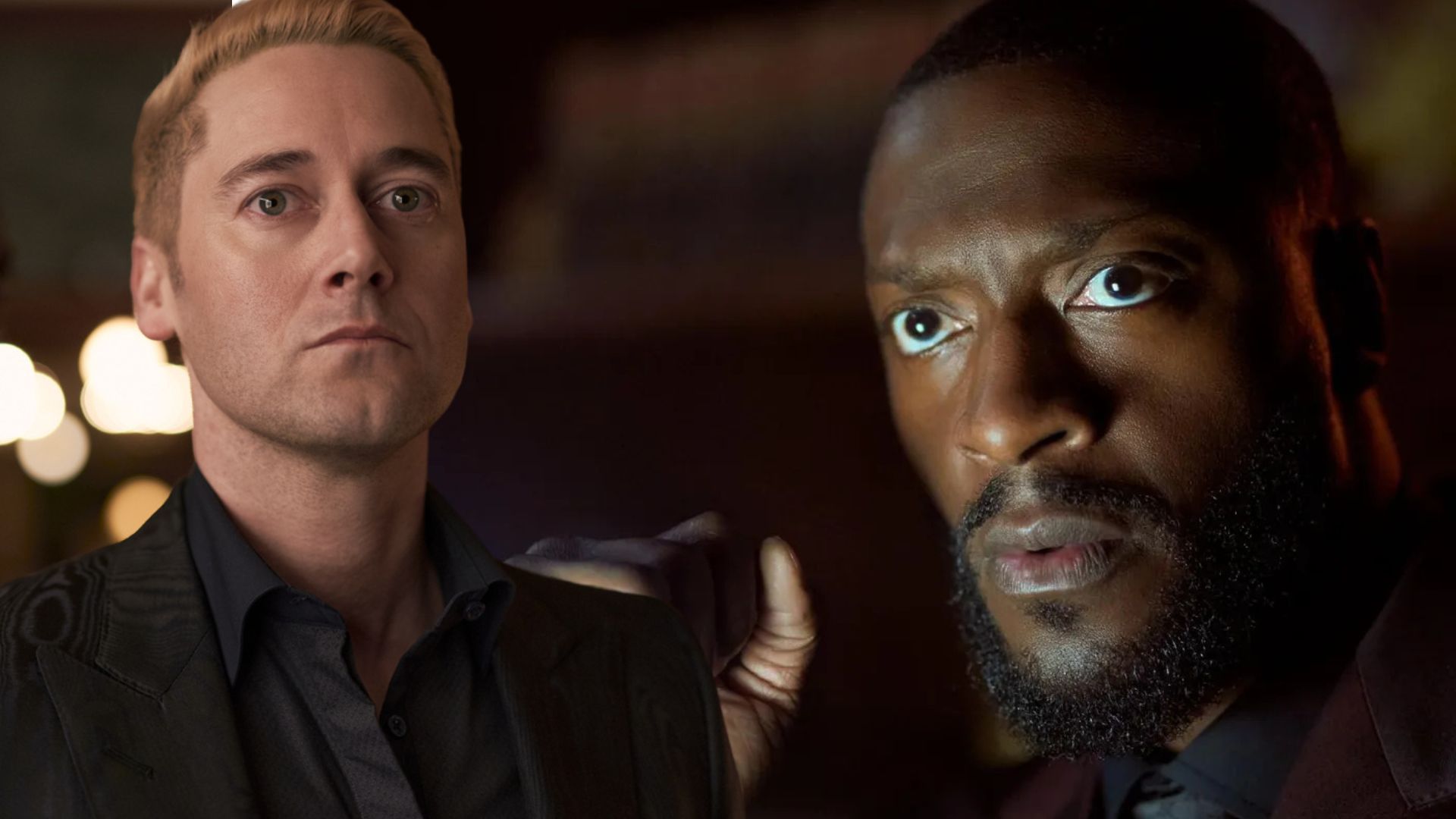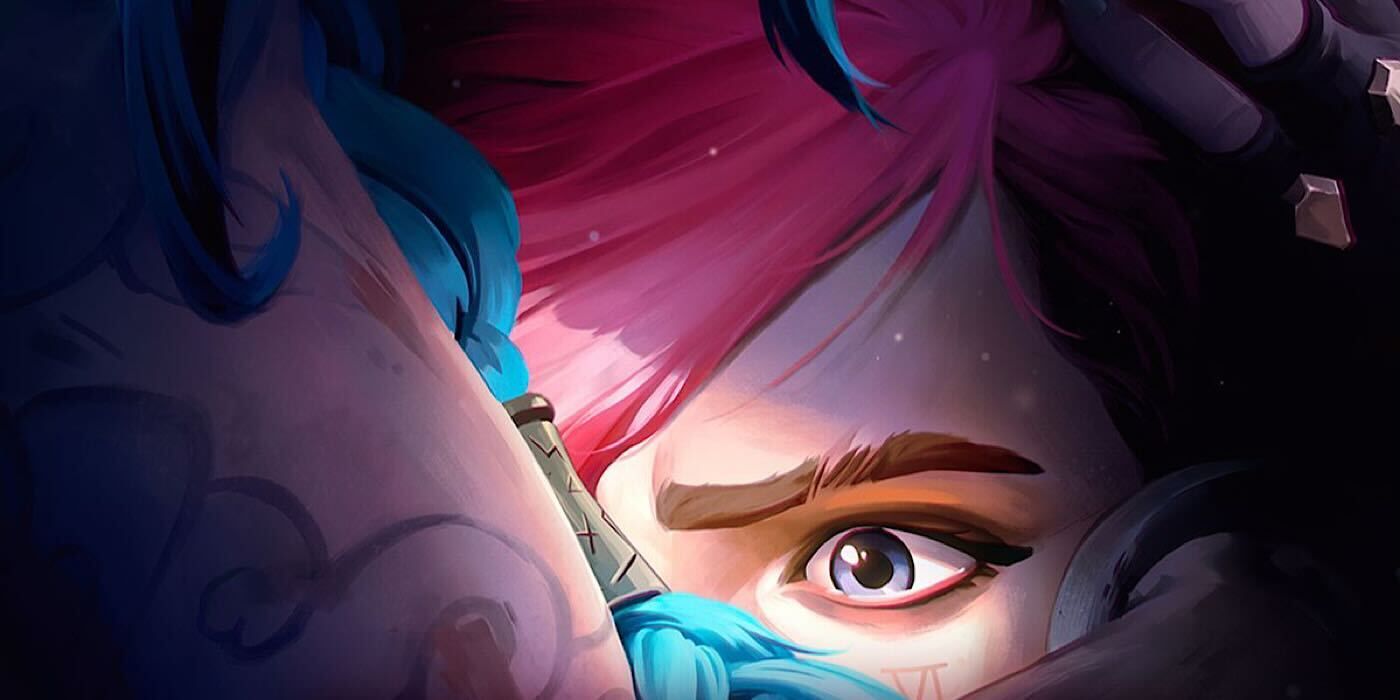Despite its remarkable length, “Army of the Dead” is a pretty deliberate, lean movie that effectively blends the heist genre with the zombie one. Snyder’s co-written script has just enough new in both departments, although I wish there was a bit more to the heist itself than the direct line from A to Z(ombie) and trying to get back to A again. It sometimes feels like the plot of “Army of the Dead” is merely a skeleton on which to hang the action scenes instead of something inherently clever on its own. I kept waiting for a twist or a surprise that never really came.
It also would have helped for the lack of inventiveness in the story to be offset by more interesting characters but these ones are incredibly shallow even for the “zombie action” genre. One could completely define almost every character in the film with no more than three words max. For example, Ward is a father, chef, and soldier, and that’s all that anyone knows about him. Bautista, a charismatic and underrated actor, struggles to make him feel three-dimensional, but he makes out better than De la Reguera or Hardwick, both of whom have almost no character at all. It’s one of those films where the supporting players steal focus from the straight-faced leads simply because they give the film some energy, particularly Dillahunt, Schweighöfer, and Arnezeder, who are all great. But why not punch it up a bit and give everyone a little personality? Some of the zombies here have more character depth than the humans, for Romero’s sake.
There’s also a sense that Snyder is playing with political and topical themes without having much to say about any of them. Walls that separate people to the point that the team needs a coyote to get back into an American city? That’s inherently topical given the hot buttons it presses, and it’s impossible not to look at someone being temperature-checked and not think about the current state of the world (even if there’s no way Snyder could have predicted that reality). The problem is that they don’t add up to much. They’re flavor instead of actual ideas, and that’s downright anti-Romero given how much the master was willing to go right at themes like dead-eyed consumerism and the military industrial complex in films like “Dawn of the Dead” and “Day of the Dead.” It’s not that “Army of the Dead” necessarily needed those elements to work, but there’s something frustrating about teasing them into this story only for them not to really go anywhere.
You can view the original article HERE.


